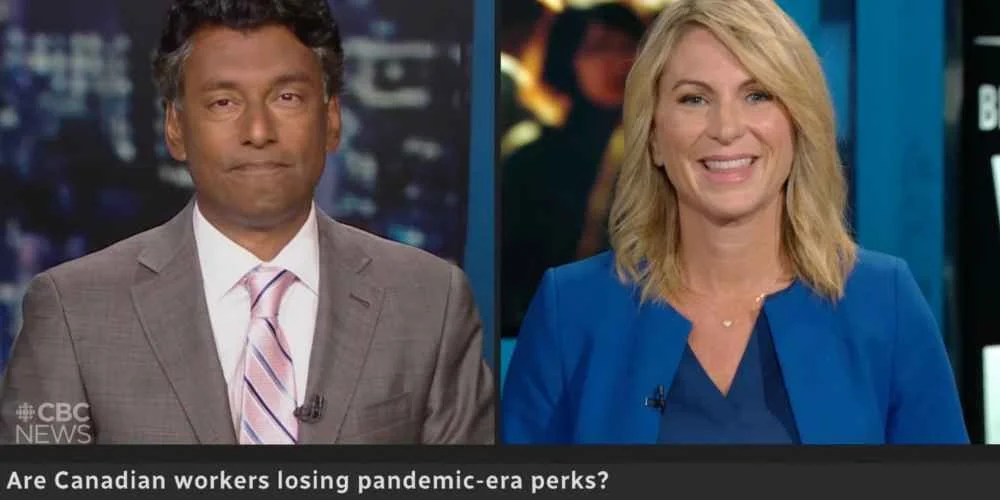Are We at the End of the Great Reshuffling?
The pandemic dramatically altered the dynamic between employees and employers, with workers wielding big demands and shuffling to new jobs in record numbers. But as the commutes return and the economy cools, how has the power shifted? Moss, the author of a book on burnout, shares her opinions on the importance of employee well-being, burnout, and how AI might affect worker satisfaction.
The National - The Great Reshuffling
The pandemic dramatically altered the dynamic between employees and employers, with workers wielding big demands and shuffling to new jobs in record numbers. But as the commutes return and the economy cools, how has the power shifted? In a rapidly changing post-pandemic world, businesses face unprecedented challenges in retaining talent and adapting to evolving workforce dynamics. Employees are no longer satisfied with historical ways of working, and the workforce landscape has irreversibly shifted. These dynamics impact employee happiness and over time can create chronic stress and breed cynicism.
How has the power shifted as we see a greater shift to return to office and employers looking for workforce stability? Although there’s a strong desire to put the past into the rearview, Jennifer believes that’s a mistake. Three years of living in a fight/flight/freeze has changed people. We can’t go back - we can’t waste a global crisis. Do employees want more? Or do they want something different? What fueled employee happiness and satisfaction before the pandemic has changed. Often, it’s the fear of embracing new things that keeps us stuck in the past. How should we be thinking about the changing landscape? What can organizations and leaders be doing to rethink hybrid work, AI, etc. in ways that can maximize productivity and create happier healthier workplaces.
Jennifer Moss, the author of The Burnout Epidemic, appeared on CBC The National to share her opinions on the importance of employee well-being, burnout, and how AI might affect worker satisfaction.
